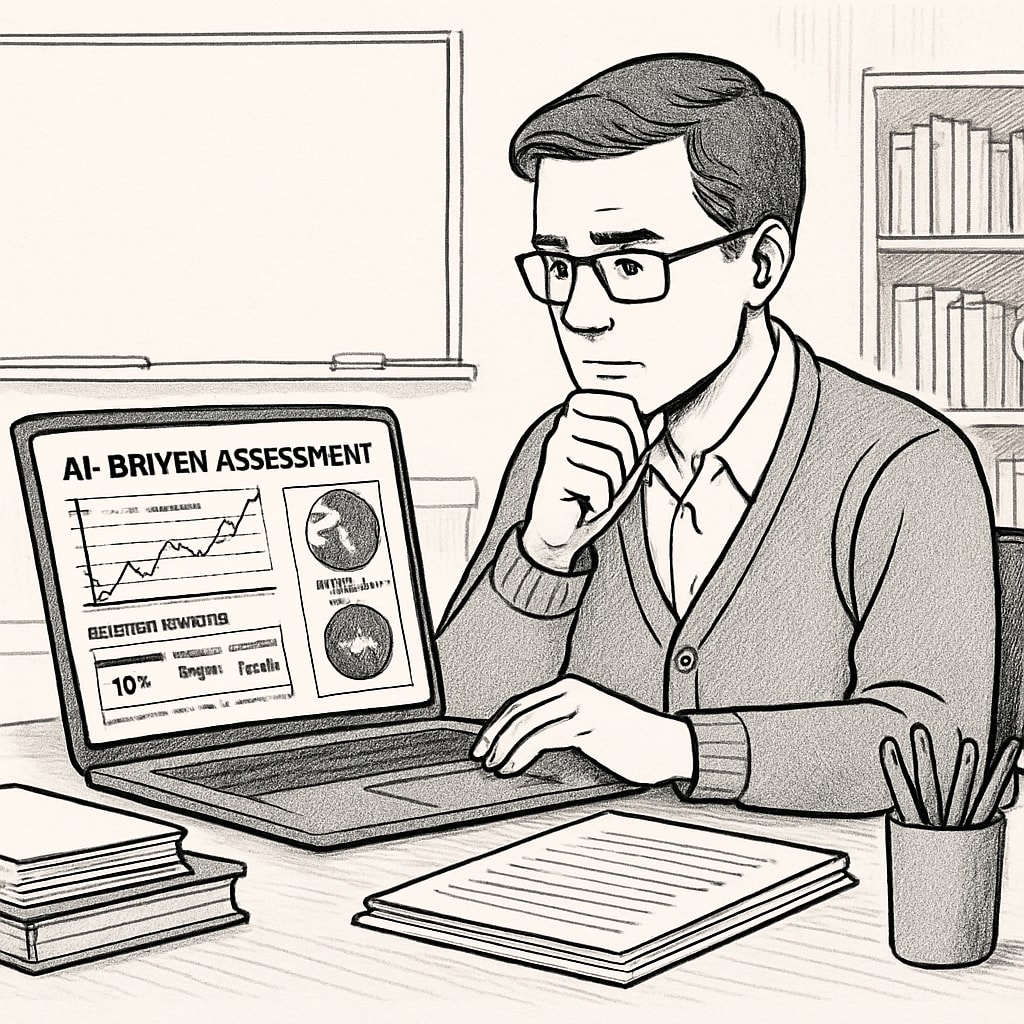Artificial intelligence (AI) is revolutionizing the global education landscape, with trends in education technology driving profound changes in K12 teaching and learning. From personalized learning experiences to intelligent assessments, AI enables educators to create tailored educational pathways for students, improving outcomes and engagement. As schools worldwide integrate cutting-edge tools, this article explores the data trends, practical applications, and future directions shaping the digital transformation of education.
How AI Reshapes Personalized Learning in K12
Personalized learning, a long-standing goal in education, has become achievable at scale with AI. These technologies analyze vast amounts of student data, including performance, preferences, and learning styles, to create customized lesson plans. For example, adaptive learning platforms dynamically adjust content difficulty based on real-time student performance, ensuring optimal engagement and challenge.

Notable platforms such as DreamBox and Khan Academy are leveraging AI to deliver personalized instruction. These solutions empower students to progress at their own pace while providing teachers with actionable insights into student performance. As a result, education is becoming more inclusive and accessible, catering to diverse learning needs.
AI-Powered Assessments and Feedback Systems
Assessment is another area where AI is making significant strides. Traditional methods of evaluation are often time-consuming and subjective. However, AI-powered tools like automated grading systems and natural language processing (NLP) algorithms can assess open-ended responses with remarkable accuracy. These systems not only save educators time but also provide detailed feedback that helps students understand their mistakes and improve iteratively.

For example, tools like Gradescope use AI to evaluate assignments efficiently, while conversational AI systems like chatbots can simulate one-on-one tutoring sessions. These innovations are redefining the way assessments are conducted, focusing on continuous learning and immediate feedback rather than periodic tests.
Trends Shaping the Future of AI in Education
As AI continues to evolve, several key trends are expected to shape its role in K12 education:
- Immersive Learning Environments: AI combined with augmented reality (AR) and virtual reality (VR) will create highly interactive and immersive educational experiences.
- Data-Driven Decision Making: AI analytics will enable schools to make informed decisions about curriculum design, resource allocation, and student support services.
- Equity and Accessibility: AI tools can bridge educational gaps by providing resources to underserved communities, ensuring equal opportunities for all learners.
- Ethics and Privacy: As AI collects and processes student data, ethical considerations and data privacy will remain top priorities for educators and policymakers.
These trends highlight the potential of AI to address long-standing challenges in education while raising important questions about its implementation and governance. For further reading, explore resources like AI on Britannica and Artificial Intelligence on Wikipedia.
Opportunities for Educators in the AI Era
While AI offers transformative potential, its success depends on how educators embrace and adapt to these changes. Teachers should focus on:
- Leveraging AI tools to reduce administrative tasks and dedicate more time to student interaction.
- Upskilling in AI literacy to understand and effectively integrate these technologies into their teaching practices.
- Collaborating with policymakers and technology providers to ensure ethical and equitable adoption of AI in education.
By taking proactive steps, educators can harness the power of AI to enhance teaching quality and create meaningful learning experiences for all students.
The integration of AI in K12 education is more than a technological upgrade—it’s a paradigm shift. As education trends evolve, AI’s role will continue to grow, offering unprecedented opportunities to redefine how teaching and learning occur in the digital age.
Readability guidance: Use short paragraphs to improve clarity, include lists for key points, and maintain a conversational tone to engage readers. Transition words like “however,” “therefore,” and “in addition” are strategically incorporated to ensure flow.


